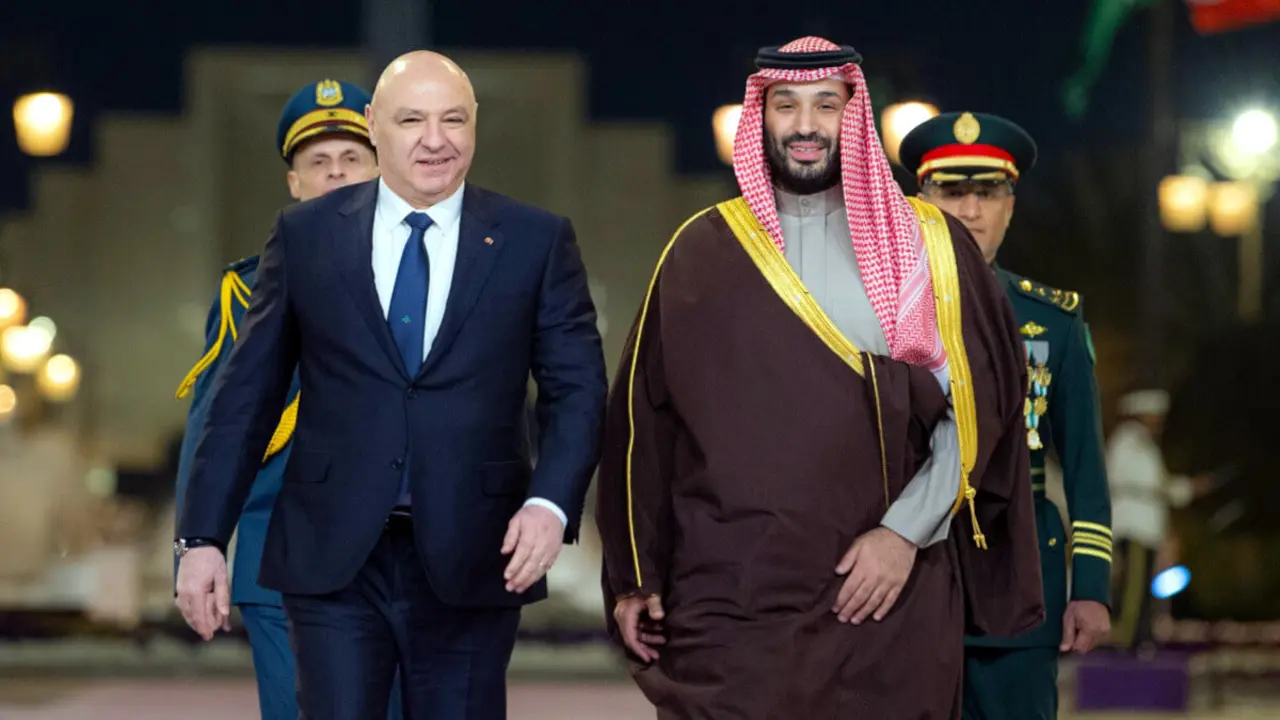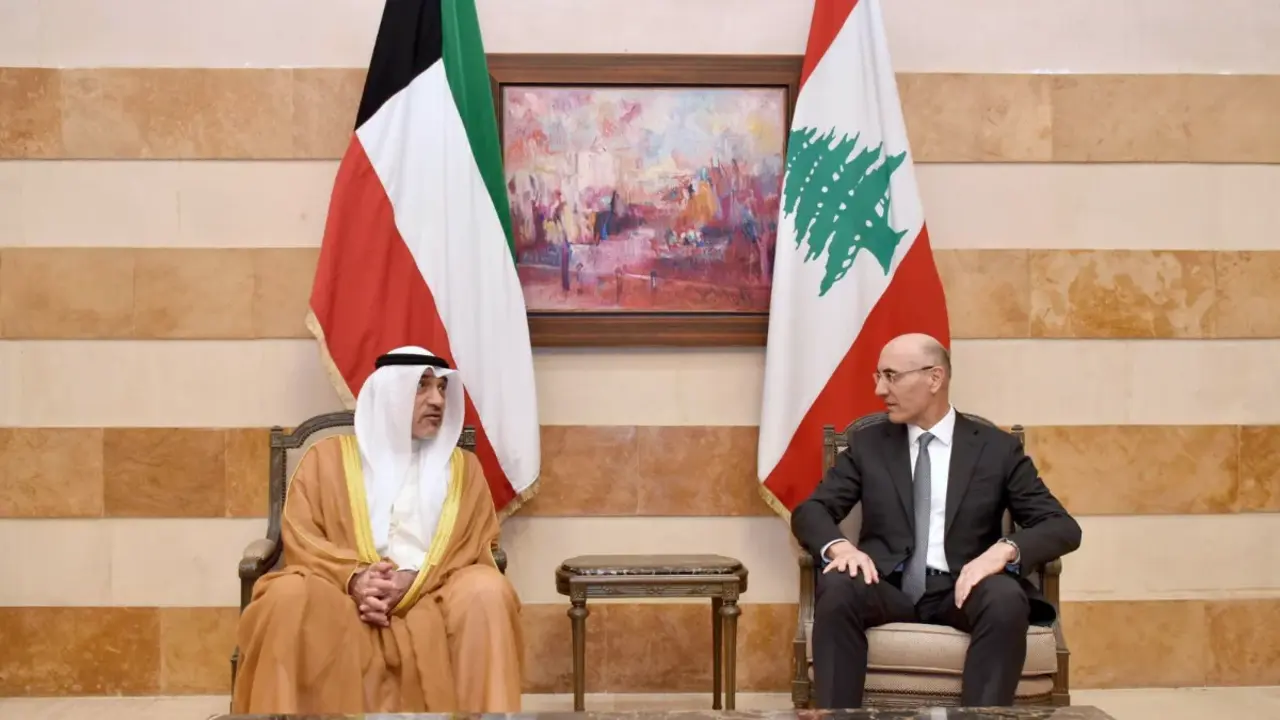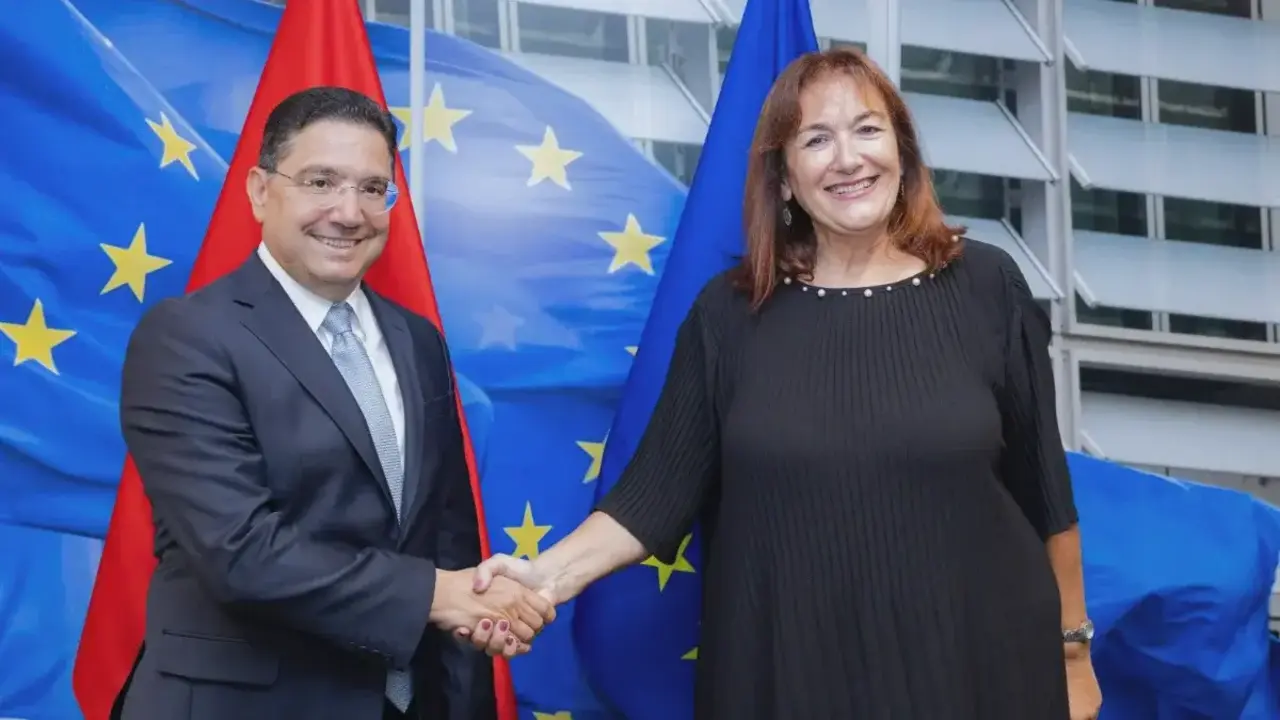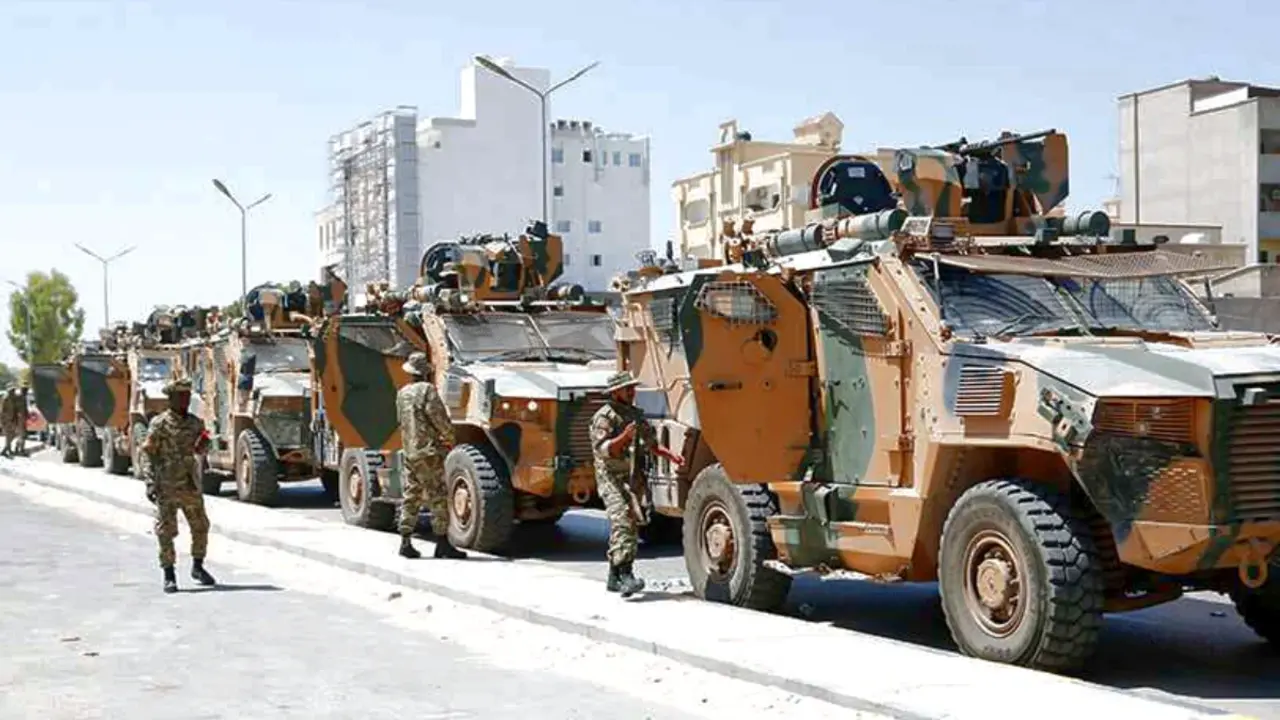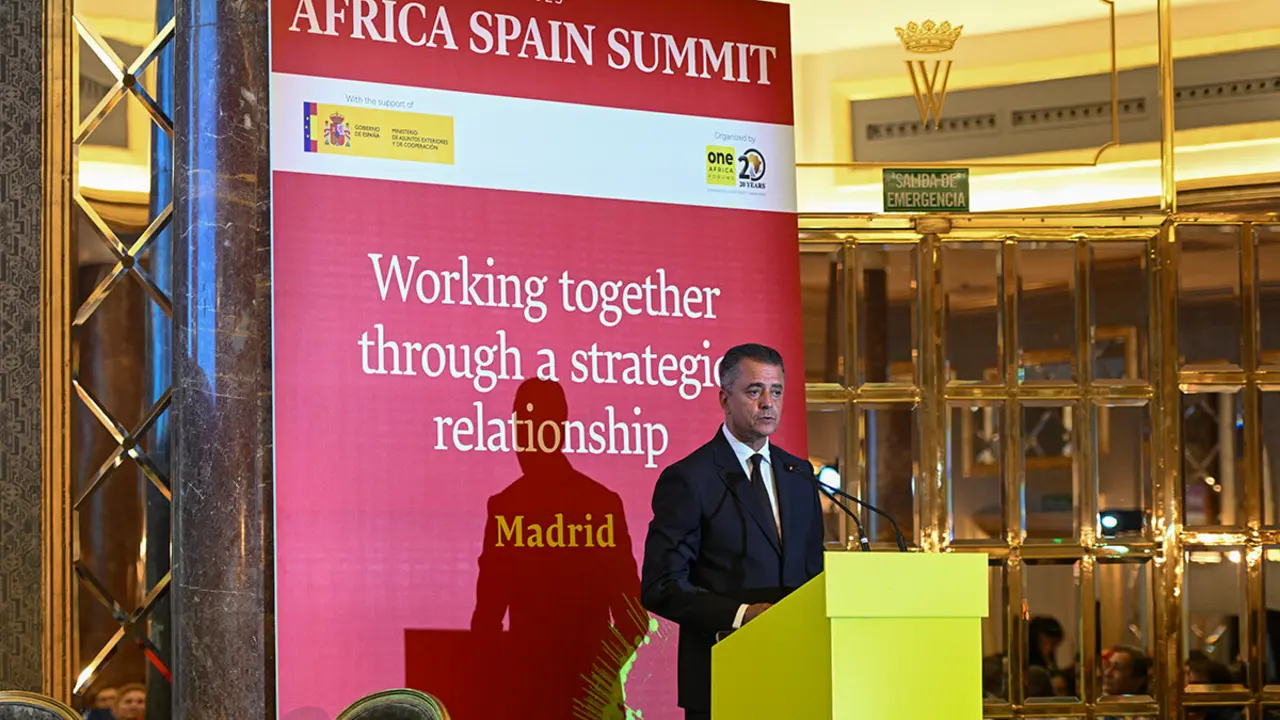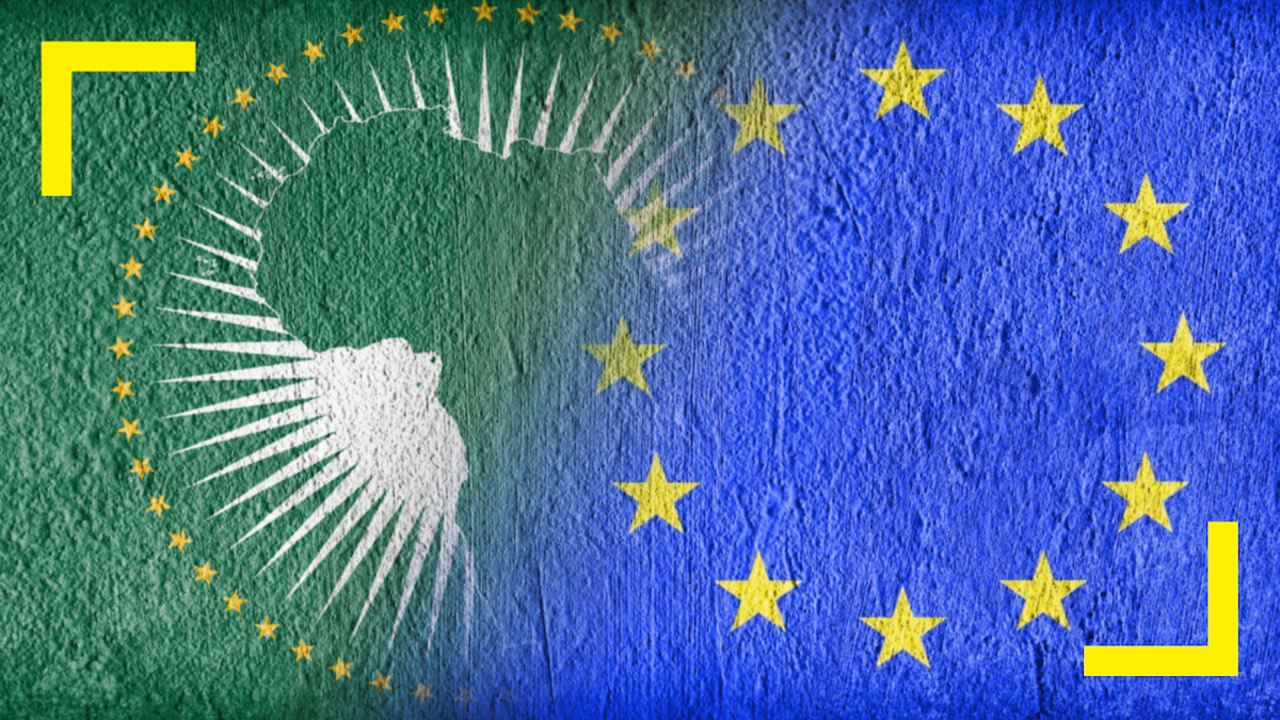UN representative in Libya Stephanie Williams seeks support in Europe

The Deputy Special Representative of the UN Secretary-General for Political Affairs in Libya, Stephanie Turco Williams, has begun a tour of some European countries in order to gather support for restoring political normality in Libya and holding democratic elections in the country divided between two authorities and with an interim government that does not cede power to the newly appointed Prime Minister Fathi Bashagha.
Throughout the week, Williams met in Germany with German State Minister Tobias Lindner and Secretary of State Andreas Michaelis. Williams made this known in a thread on his Twitter account. A few days later, and announced through the same channels, Williams was shown in the company of Ahmad de Wimbledon, the British deputy minister for North Africa, the United Nations and the Commonwealth.
According to Williams' messages, the meetings took place to brief the German and British authorities on the current situation in Libya, as well as to give them the latest news on the summit held in Cairo between the House of Representatives and the Higher Council of State.

In his messages, Williams stressed the importance of putting Libya on the path to a democratic process to stabilise the country politically, a task in which the United Nations has failed since the beginning of its special mission in Libya. According to analysts such as Kelly Alkhouli, political consultant and director of international relations at the Centre for Foreign and Political Affairs, the negotiations between the Tripolitanian and Cyrenaica factions are not going as well as the UN would like, a view shared by analysts consulted by the London-based specialist media outlet Al-Arab.
Following the Cairo summit, the UN intends to organise another round of meetings between the House of Representatives in Tobruk and the Higher Council of State in Tripoli after the end of Ramadan and the celebration of Eid Al-Fitr, the end of fasting holiday on 2 and 3 May.
1/4 Today in London I met with H.E. Lord Ahmad of Wimbledon, the Minister for South Asia, North Africa, the UN & the Commonwealth at the Foreign, Commonwealth & Development Office, in addition to other senior UK officials, to brief them on the current situation in Libya.. -> pic.twitter.com/cXqQad7jlc
— Stephanie Turco Williams (@SASGonLibya) April 27, 2022
It is believed that the parties present at the Cairo summit failed to reach an agreement to put the institutions on the path to a constituent process that would put the country on the road to democratic elections, according to the Al-Arab media, and that foreign interference by the two sides is preventing the negotiations from moving forward. From a European point of view, for example, there is not even a consensus on Libya. France, although not publicly, has repeatedly positioned itself as a supporter of Field Marshal Haftar, who supported the change of government in favour of Fathi Bashagha. Italy, meanwhile, has closed ranks behind the UN in its support for Dbeibé.
The UN persists in its intention to hold democratic elections, even if this is not a panacea for Libya, according to an article by Kelly Alkhouli for Middle East Monitor. According to the consultant specialising in Libya, the country suffers from too advanced a disintegration for elections to be able to restore a state to the country as a whole.

For Alkhouili, however, Bashagha's election as prime minister is very good news. In a country that is divided by the balance of power between different tribal and political factions, Alkhouili sees Bashagha's profile for the task of leading a government in Libya as very positive. "Bashagha is a powerful figure in Misrata (western Libya), with close ties to other Western tribes, and was also a former interior minister in the Tripoli-based government. Foreign powers do not seem hostile to him, and he could be an acceptable compromise for both sides," says Alkhouili. The UN should concentrate its efforts on limiting the influence of the militias and various groups that seem to be roaming freely across the country.
The strength of these various militias and groups has been able, in the past month, to cripple much of Libya's oil revenues. Tribes in the area known as Oil Crescent paralysed oil operations in the region, which has since caused the country to lose more than $60 million in revenue, according to Tripoli's energy minister, Mohamed Aoun.



